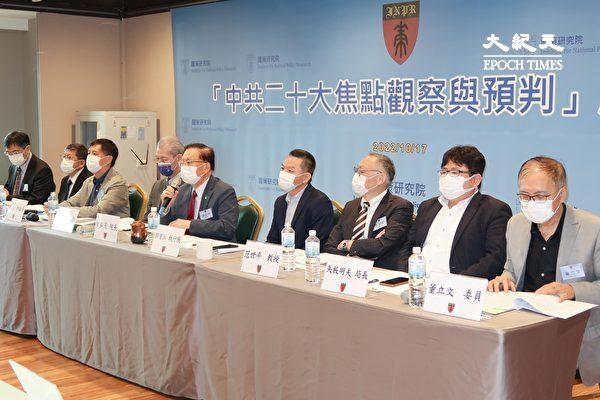China’s leader Xi Jinping spent two hours reading his address at the opening of the 20th national meeting of the rubber-stamp legislature on Oct. 16. Experts in Taiwan said, judging by the content of Xi’s remarks, besides being repetitive and self-praising, he is the “Chief Accelerator” in speeding up the Party’s demise.
The Chinese Communist Party (CCP) holds its national meeting every five years, with Party representatives at all levels attending, to conclude works of the past five years, finalize upcoming policies for the nation, and most importantly, decide the Party chairman and his top echelon—also the focus of the international community.




